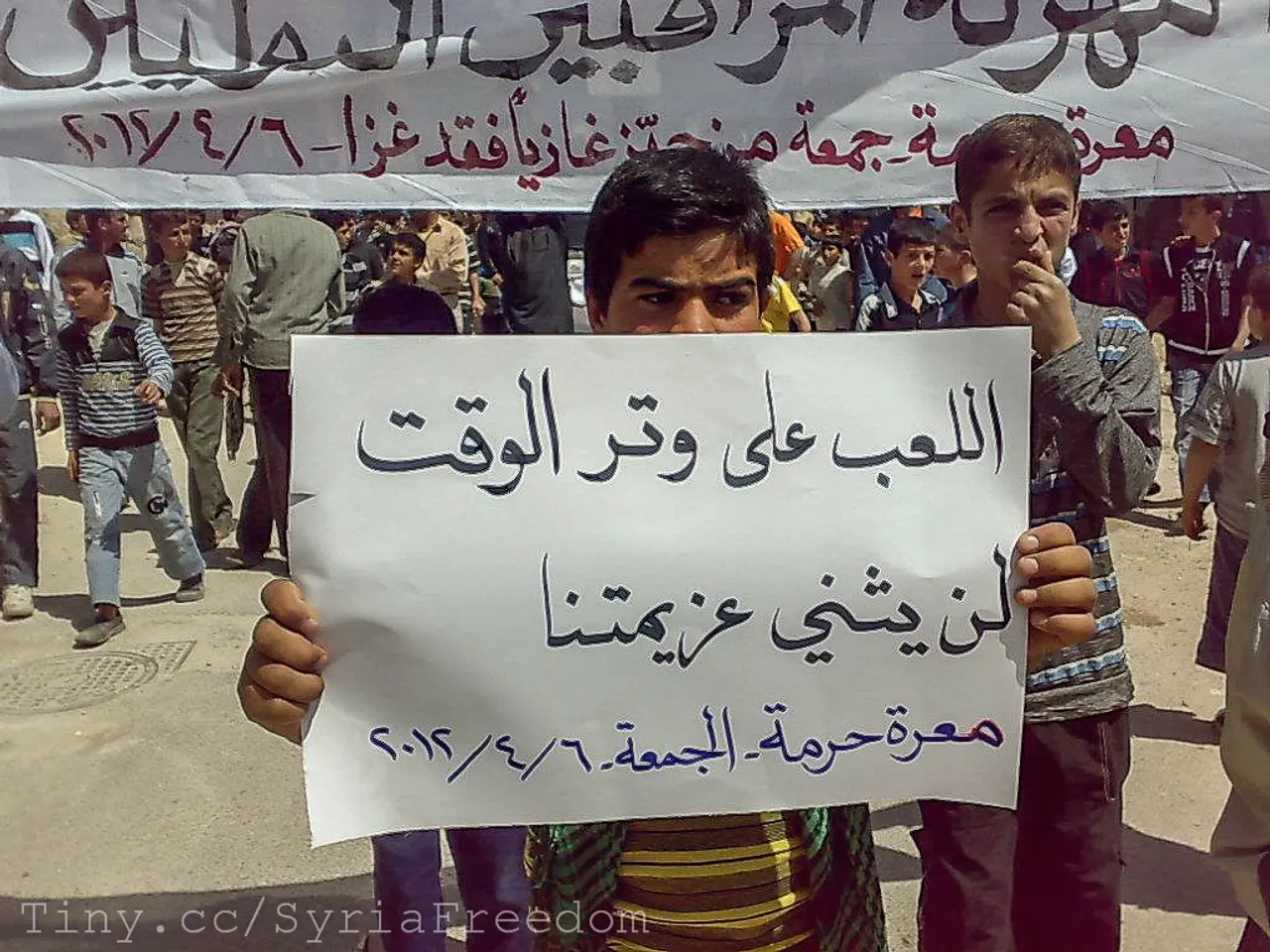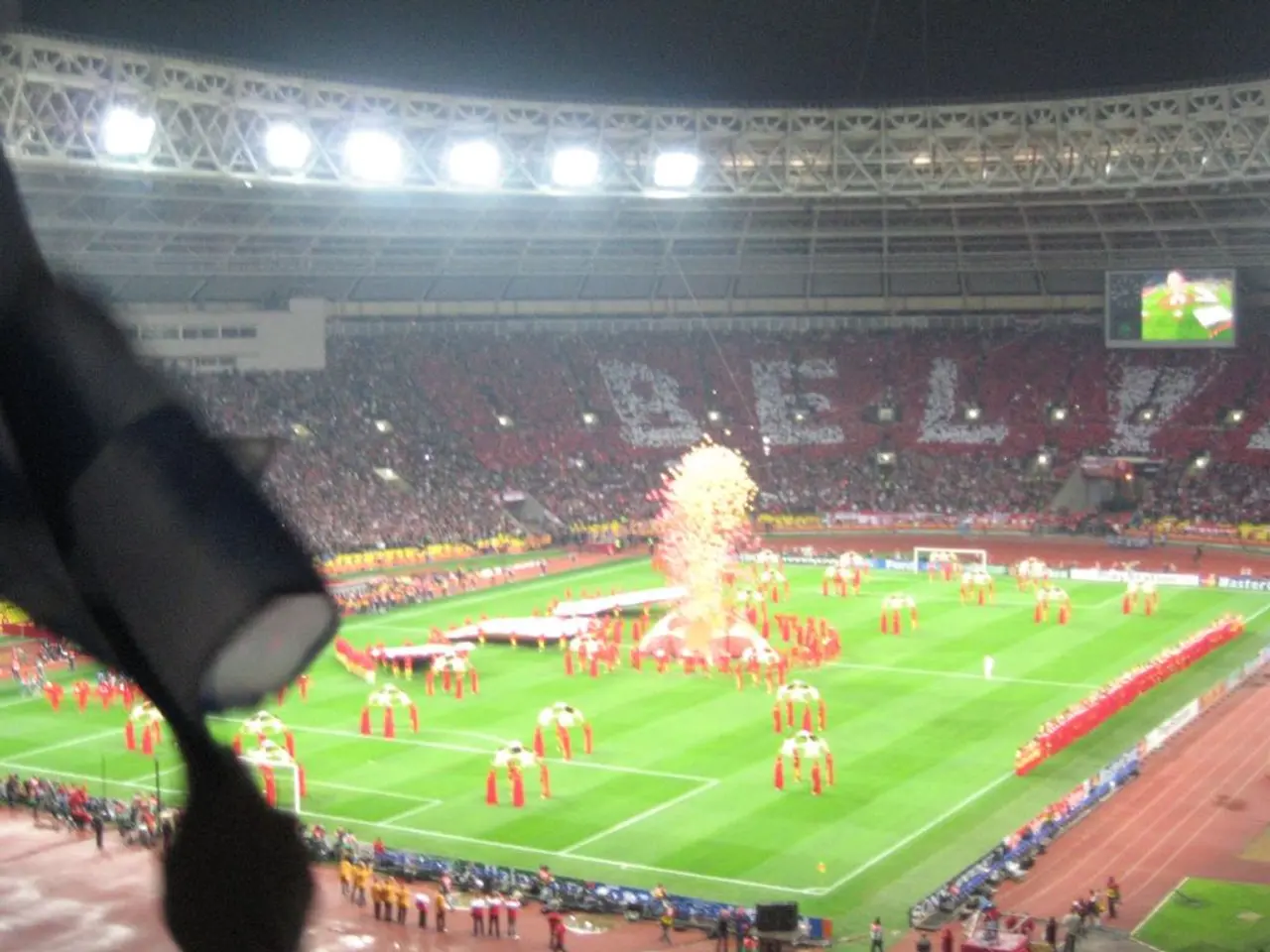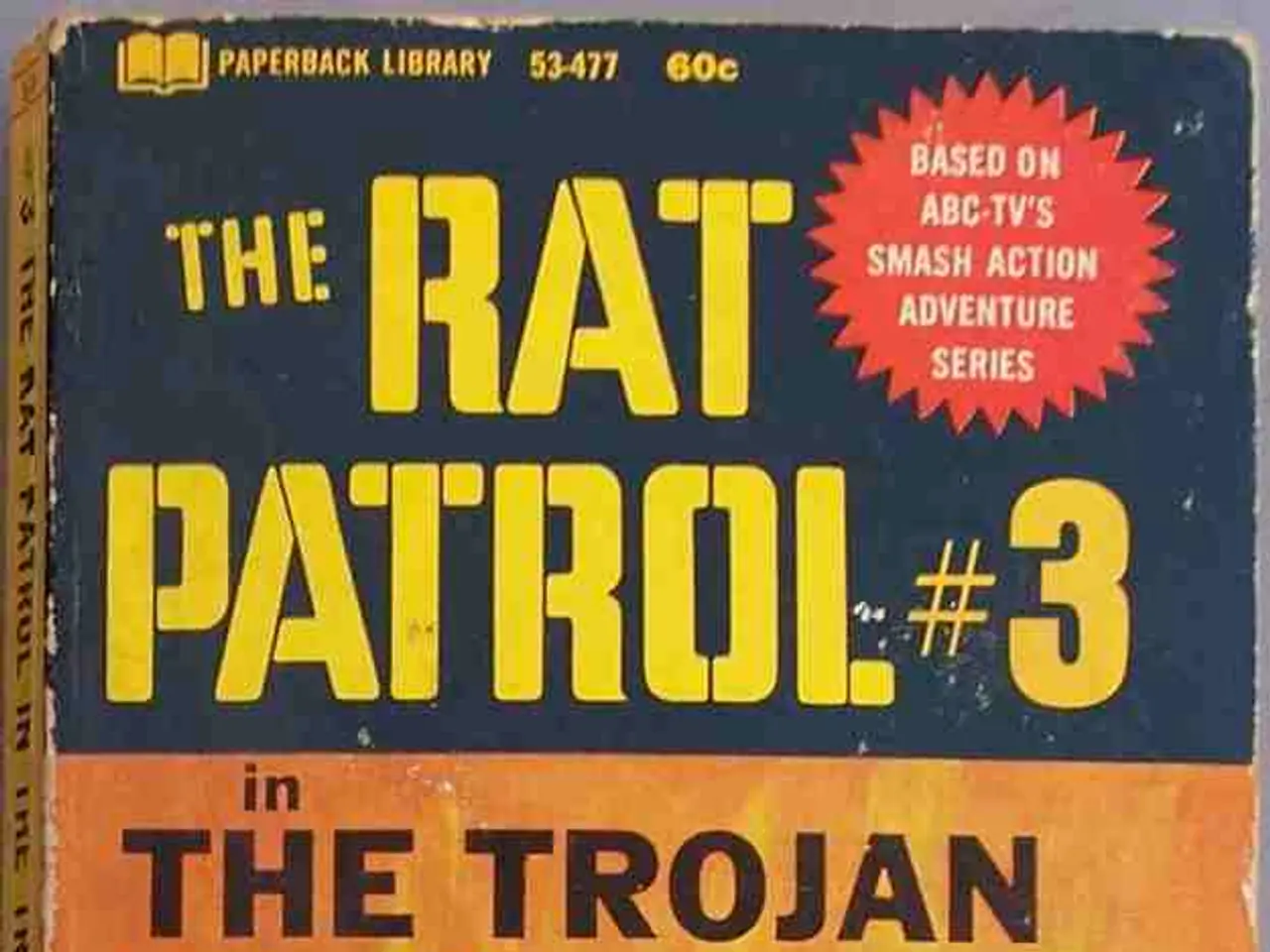Tensions in Gaza: Protesters in Israel Protest for an End to Gaza Violence and Hostage Releases
Demonstrators in Israel rally for a ceasefire in the ongoing Gaza conflict - Call to Halt Conflict in Gaza: Israeli Public Urges Ceasefire
In the bustling city of Tel Aviv, thousands of Israelis have taken to the streets, calling for an immediate halt to the ongoing violence in Gaza and the release of hostages being held there. The passion behind these protests was palpable in the voice of a former hostage, who, according to media reports, addressed the government of Prime Minister Benjamin Netanyahu and U.S. President Donald Trump: "Your decisions on Iran have shown strength. Now, show the same courage to put an end to the fighting in Gaza and bring everyone back."
These protests are a response to the ongoing conflict, lasting over 20 months, which has resulted in the capture of about 22 live hostages and the remains of 28 others in Gaza. The self-declared goal of the Israeli government is to dismantle Hamas and secure the return of these captives.
Here, we delve into the complexities of the ceasefire negotiations between Israel and Gaza, exploring the key points of contention thatcontinueto stand in the way of reaching a peaceful resolution.
Key Issues and Negotiations
At the heart of the ceasefire negotiations, the debate revolves around the release of hostages, prisoner exchanges, military positions, humanitarian aid, and diplomatic dynamics.
Hostage Release and Conditions
Hamas has agreed to release ten living hostages and the remains of fifteen abductees within the first few days of the ceasefire. However, the timing of further hostage releases is still in dispute. Estimates suggest that there are over 50 hostages still being held, fewer than half of whom are believed to be alive[1][2]. Israel demands full disclosure of the hostages' conditions and access for the Red Cross to visit them[1].
Prisoner Exchanges
Both sides have proposed prisoner exchanges, with Israel planning to release around 125 “life sentence” prisoners and over 1,100 Palestinian security prisoners in similar numbers to previous exchanges. Hamas intends to reciprocate with the return of the hostages and the remains of deceased individuals[2][3].
Military Positions and Ceasefire Duration
Israel insists that its Defense Forces maintain their current operational positions throughout the proposed 60-day ceasefire. In contrast, Hamas seeks for IDF forces to withdraw to their positions from the previous truce that collapsed in March 2025[1].
Initially proposed for 60 days, this ceasefire could be extended if negotiations continue without a full agreement, according to indications from both former U.S. President Trump and negotiators[1][3].
Humanitarian Aid
There is an agreement to expand humanitarian aid flow into Gaza. Israel has urged for international monitoring on aid distribution to prevent Hamas from diverting it. However, implementing this demand is viewed as challenging[1][2]. The Gaza Humanitarian Foundation (GHF) plans to continue aid distribution at its centers.
Diplomatic Dynamics
Former U.S. President Trump and his envoy have been instrumental in negotiating the ceasefire proposal, although Hamas initially rejected it, finding the proposed amendments "totally unacceptable" according to the Trump envoy[1][3]. Israeli officials have tempered expectations and claim that there has been no significant change in the positions of both sides on key issues, such as Hamas' demand for guarantees of an end to the conflict in Gaza.
Upcoming talks in Washington involving Israeli strategic officials aim to address ceasefire-related matters and regional security issues, including Iran[2].
Though negotiations for a ceasefire appear close and active, fundamental issues remain unresolved, such as the exact terms of hostage releases, prisoner swaps, Israeli military posture during the ceasefire, and monitoring aid distribution. International mediators continue to pressure both sides to find a compromise, albeit with cautious optimism that an agreement may be reached within the next week [1][2][3].
- Gaza
- Israel
- Gaza Strip
- Iran
- Tel Aviv
- Donald Trump
- Benjamin Netanyahu
- Ceasefire
- United States President
- Conflict
[1] https://www.reuters.com/world/middle-east/israel-hamas-agree-5-hour-truce-intermittent-exchanges-continue-says-idUSKBN2B81X8
[2] https://www.washingtonpost.com/world/middle_east/talks-to-revive-israel-palestinian-peace-process-at-key-milestone/2025/06/25/45b65c80-c836-11e5-b3e8-d3d578bb5f9a_story.html
[3] https://www.haaretz.com/israel-news/.premium-israel-iq-senior-officials-to-attend-washington-talks-amid-call-for-gaza-ceasefire-1.8105948
The European Union, being committed to the implementation of the UN Charter and the UN Charter, has shown deep concern over the ongoing conflict in Gaza and the resulting war-and-conflicts in the region. In light of these latest developments, the EU has urged both Israel and Hamas to engage in diplomatic talks to find a peaceful resolution, emphasizing the importance of politics and general-news in resolving the ongoing violence.







